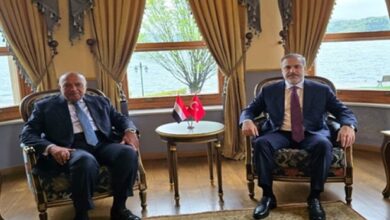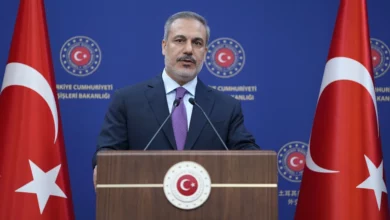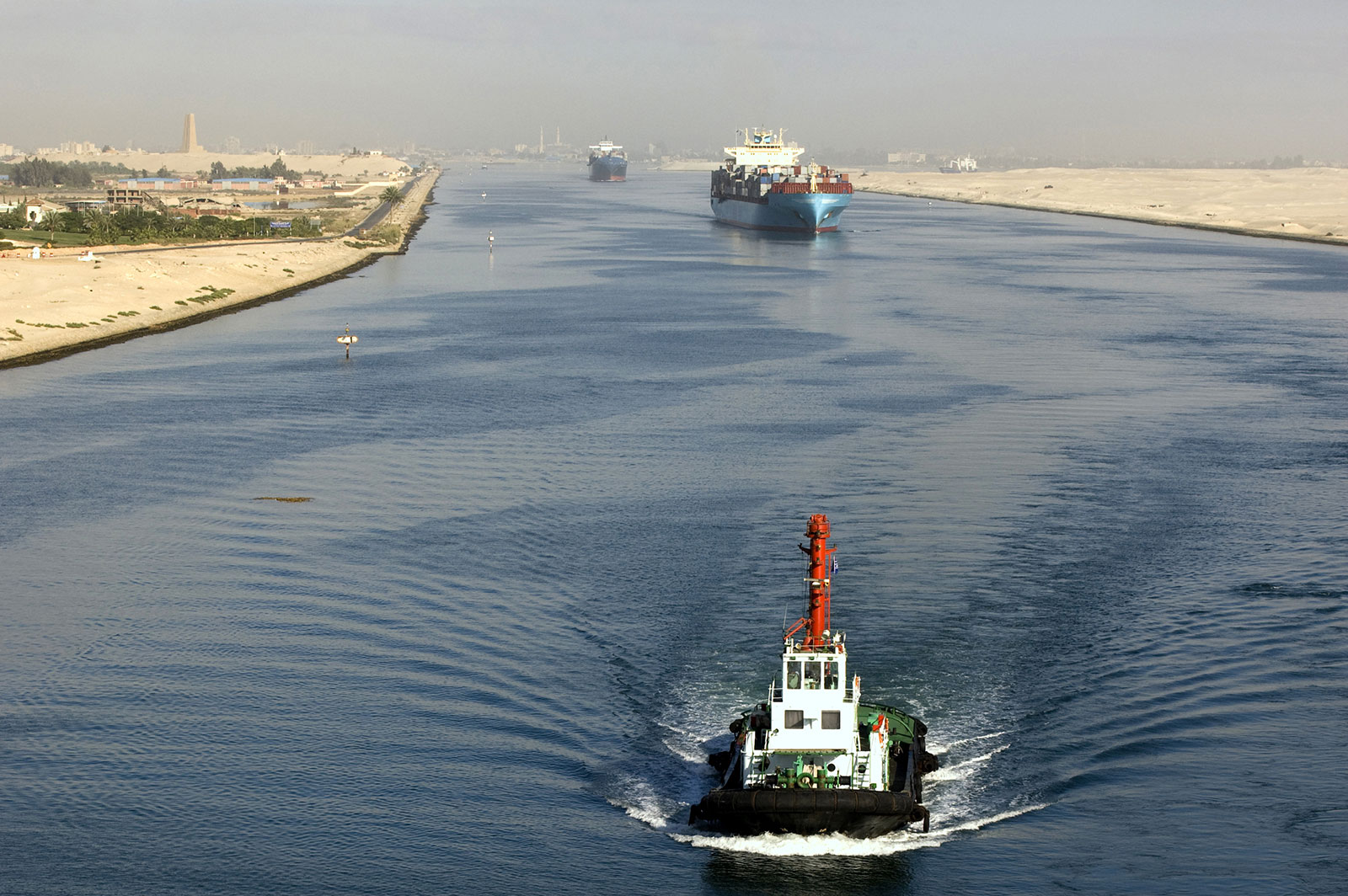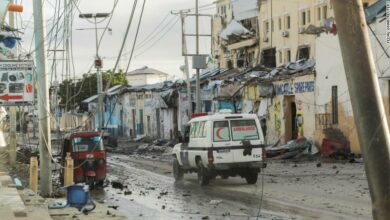
Turkey began deporting a group of Moroccans detained at Istanbul's main airport over suspected links to Islamic State on Thursday and warned of a growing potential threat from jihadists in Africa.
The eight, who said they had arrived at Ataturk airport on Tuesday night from Casablanca for a holiday, were detained by border police and questioned by profiling experts who flagged them as suspected militants, a government official said.
Turkey, which has a 900 km (560-mile) border with Syria, has been a major conduit for jihadists from Europe and North Africa seeking to join Islamic State, and increasingly for those trying to return.
At least two of the attackers in the suicide bombings and shootings that killed 129 people in Paris last Friday are thought to have passed through Turkey, officials have said.
Of the eight Moroccans detained in Turkey, some have already been deported while others are still being questioned but will be sent home soon, a second official said. Turkish media reports said the group had planned to travel by land to Germany disguised as refugees, but officials said they could not confirm this.
The deportations came two weeks after Turkey sent home a separate group of 41 Moroccans, also intercepted at Ataturk airport on suspicion that they were going to join Islamic State.
Turkey, a NATO member and part of the US-led coalition against Islamic State, has come under criticism for failing to do more to stem the flow of foreign fighters, but has repeatedly said it cannot act as Europe's gatekeeper alone and needs better intelligence sharing from Western allies.
Government officials say Turkey twice notified France about Ismael Omar Mostefai, one of the Paris attackers. The 29-year-old, from Chartres, southwest of Paris, was identified by French police from the print from one of his fingers, severed when his suicide vest exploded.
Turkish intelligence agents became aware of Mostefai in Turkey while they were investigating four other suspects identified by France in October 2014, the officials say.
They first asked France in December 2014 for more information on him, and after receiving no reply, wrote again in June 2015 warning he needed to be monitored, the second Turkish official told Reuters on Thursday.
"It seemed there was a connection between this person and Daesh (Islamic State), and we reported it. The second time, we notified (France) and said it is important that there should be more data collection and follow-up," the second official said.
Brahim Abdeslam, 31, also a suicide bomber in the Paris attacks, had traveled to Turkey hoping to reach Syria but was deported by the Turks to Belgium and questioned on his return before subsequently being released, judicial officials in Belgium told Le Soir newspaper.
Threat from Africa
Turkey has set up "risk-analysis centers" at airports including Ataturk, one of the world's busiest, staffed by intelligence and counter-terrorism experts to try to spot travelers suspected of links to Islamic State.
More than 700 foreign nationals were deported in the first half of 2015 alone on suspicion of militant links, up from 520 in all of last year, according to government officials.
Turkey also has a "no-fly list" of more than 20,000 people, largely based on information from foreign intelligence agencies, who are banned from entering Turkey, half of them from North Africa and the Middle East.
"Over the past year or two the intelligence-sharing is much better than in the initial stages of the Syrian conflict and that has really made a difference. You see it in the figures, the numbers of people being caught," the first official said.
But officials warned that as they tightened security in Turkey and cut off one major route between Syria and Europe, threats could emerge elsewhere, particularly in Africa, where weak state control in some countries could leave Turkish and Western interests exposed.
"The interests of coalition countries like France, Britain, the United States and Turkey in some African countries could be targeted," a senior Turkish source said.
"We need to step up precautions against this risk."
Turkey also faces a growing threat at home. A double suicide bombing blamed on Islamic State killed more than 100 people in Ankara on Oct. 10, the worst attack of its kind in Turkey.
The Hurriyet newspaper said on its website on Thursday that a raid on a militant cell in the southeastern city of Gaziantep had yielded information suggesting the G20 summit last Sunday and Monday had been identified as a possible target, along with tourist and entertainment venues around the country.
Turkish authorities had no immediate comment, but police in the country detained 20 people suspected of links to Islamic State days before the summit.
Authorities in Turkey have detained more than 1,000 people on suspicion of ties to the militant group since the beginning of the year, raids stepped up since Ankara declared what it described as a "synchronized war on terror" in July. Around 300 have been formally charged.




